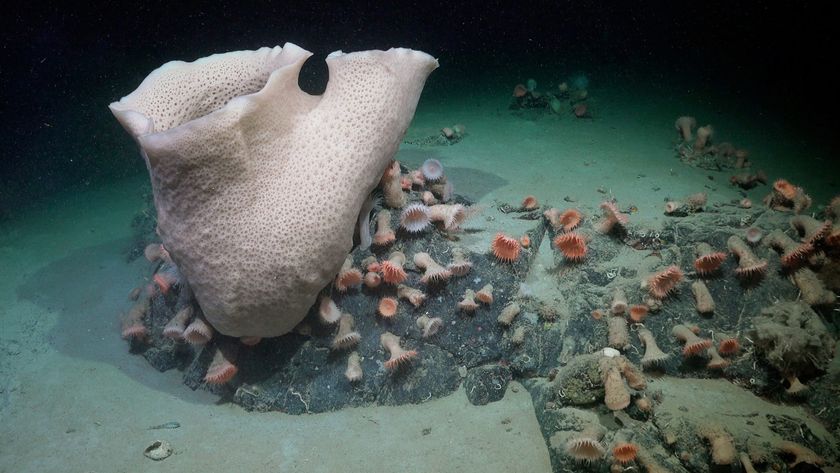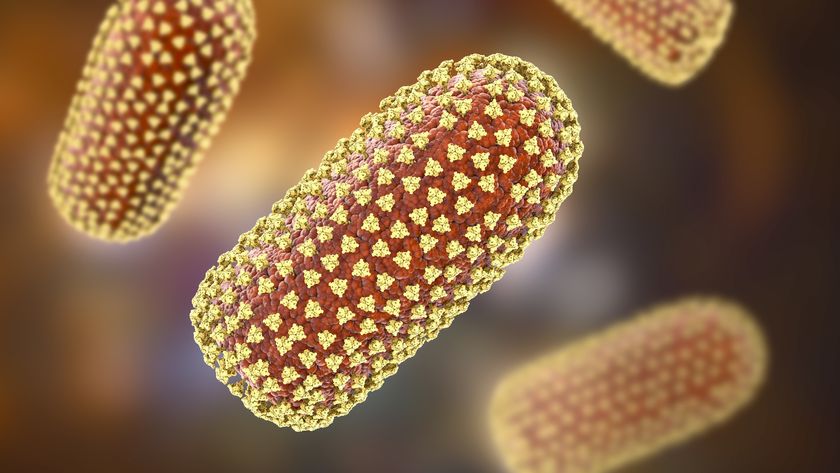When It Comes to Mercury, Saltwater Fish at a Disadvantage
Picking seafood from a restaurant menu or fishmonger’s stall is partly about looking for what you want: lots of flavor, low environmental impact, or high omega-3 content. But it can also be about avoiding things you don’t want, such as mercury.
The mercury that builds up in fish can eventually lead to brain, spinal cord and kidney damage in humans. At high-enough levels it can be fatal.
But certain fish accumulate more mercury than others. Those that top the Food and Drug Administration’s list of mercury-laden offenders – including mackerel, swordfish and shark – are all saltwater species.
"There’s kind of a mystery in how the mercury could get to such high levels in those kinds of fish, because mercury levels tend to be low in seawater," compared to those in fresh water, said Heileen Hsu-Kim, an environmental engineer at Duke University.
New research may have helped solve this mystery.
Mercury from coal-fired power plants, mining operations and natural sources such as volcanic eruptions finds its way into both the sea and fresh water. Hsu-Kim decided to study what happens to mercury afterward that might account for the differences seen in fish.
The researchers found that a form of the toxic element, called methylmercury, breaks down more slowly in seawater than in fresh water.
Sign up for the Live Science daily newsletter now
Get the world’s most fascinating discoveries delivered straight to your inbox.
Methylmercury molecules in fresh water attach themselves to organic matter – typically, tiny bits of decaying plants and animals. When sunlight hits that organic matter, chemical reactions cause methylmercury to break down. But in the ocean, methylmercury latches onto chloride, a chemical that helps put the salt in saltwater. Sunlight has less of an effect on those bonds.
"If you think about methylmercury and where it goes, it’s all about a balance between production and degradation," Hsu-Kim said. Because methylmercury degrades more slowly in seawater, "its lifetime would be longer in the ocean. So its opportunity for uptake in the food chain would be greater."
Methylmercury’s longevity in saltwater, in other words, bumps up the odds that a fish will ingest more of the toxin – and that you’ll ingest it by eating species like mackerel and swordfish.
The study was published online in June in the journal Nature Geoscience.
- What's the Biggest Freshwater Fish in the World?
- Which Creatures Will Thrive in Warmer Oceans?
- Image Gallery: Freaky Fish
This article was provided by LifesLittleMysteries, a sister site to LiveScience.













